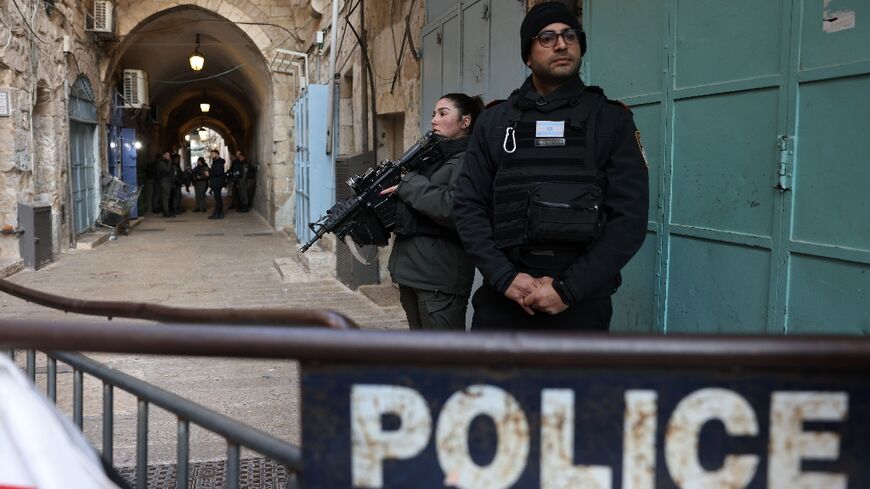What are Israeli settlements and outposts?

Five Western governments said this week they were "deeply troubled" by the Israeli government's decision to give retroactive permission to nine settlement outposts in the occupied West Bank and build new homes.
The opposition voiced by the foreign ministers of Britain, France, Germany, Italy and the United States has drawn attention to Israel's settlement policy. Here are answers to some key questions:
- What are settlements? -
Settlements are Israeli villages, towns and even cities built on territory Israel seized during the Six-Day War of 1967.
Some 475,000 Israeli settlers currently live in the occupied West Bank, along with 2.9 million Palestinians.
A further 230,000 Israelis live in annexed east Jerusalem, along with at least 360,000 Palestinians who want to make the sector the capital of their future state.
Israel also seized the Gaza Strip as well as part of Syria's Golan Heights and established settlements in both. It evacuated the Gaza settlements in 2005.
- What is their legal status? -
From the 1970s, Israel established a network of settlements across the West Bank, particularly in areas deemed strategic.
The Oslo accords of the 1990s divided the territory into Israeli- and Palestinian-administered zones meant to lay the ground for a future Palestinian state, but Israel continued to build and expand its settlements.
The United Nations and most of the international community see all Israeli settlements as illegal.
Israel differentiates between those it has approved and those it has not, although it is not the first time that it has authorised wildcat outposts retroactively.
Israel's security cabinet announced on Sunday that it would legalise nine outposts, some of which have existed for decades.
They are dotted across the West Bank, including sites in the South Hebron Hills, the Jordan Valley and near the Palestinian city of Nablus in the north.
Peace Now, an Israeli anti-settlement organisation, slammed the government's approach as "annexation on steroids".
The cabinet also announced plans to approve the construction of new homes in existing settlements, without giving precise figures or locations.
- Who are the settlers? -
Many Israelis moved to the settlements in search of affordable housing, backed by billions of dollars in state funding in recent decades.
The government encouraged them to move to cities such as Ariel, Maale Adumim and the ultra-Orthodox settlements of Beitar Illit and Modiin Illit.
There are also many national-religious hardliners who identify the southern and northern West Bank with the the biblical lands of Judaea and Samaria and see living there as fulfilling a divine promise.
- How do Palestinians see settlements? -
Palestinians view Israeli settlements as a war crime and a major obstacle to peace.
The Palestinians want Israel to withdraw from all land it occupied in the Six-Day War and to dismantle all Jewish settlements, although they have accepted the principle of minor land swaps of equal size and value.
Israel rules out a full return to pre-1967 borders but has in the past expressed a willingness to pull out of some parts of the West Bank while annexing its largest settlement blocs.
However, Prime Minister Benjamin Netanyahu this month renewed his pledge to "strengthen settlements" and has expressed no interest in reviving peace talks.






